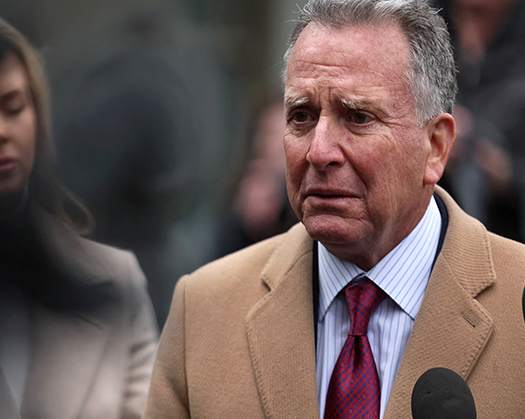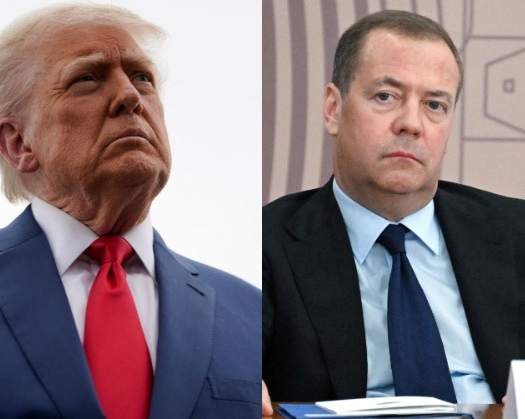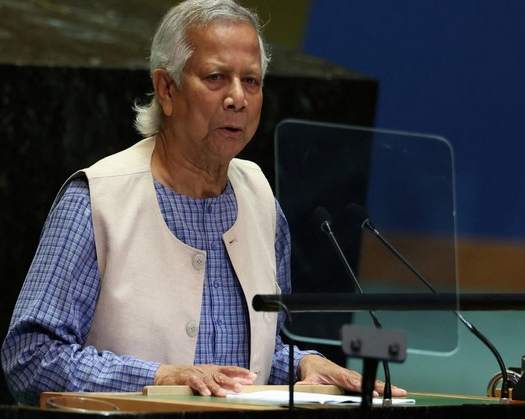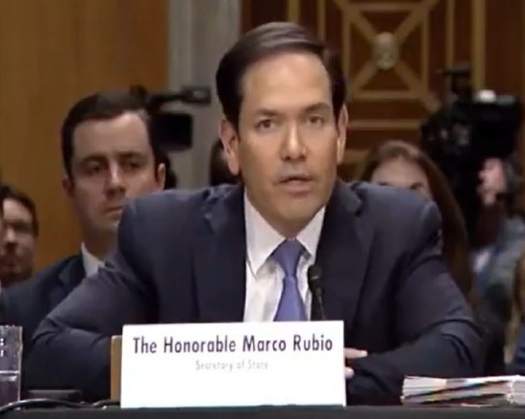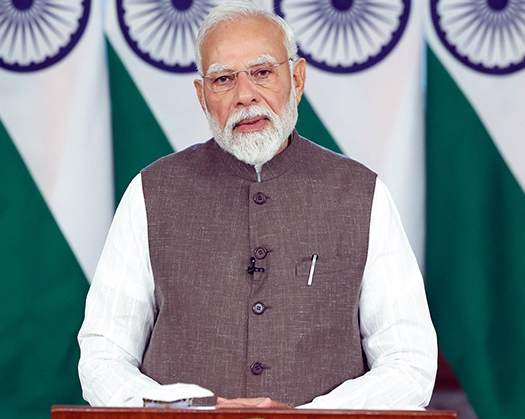UN Secretary General Antonio Guterres said on Monday to attendees at the UN Ocean Conference in Nice, France: The ocean is the ultimate common resource. But we are failing at it.
The UN chief mentioned declining fish stocks, rising sea levels, ocean acidification, plastic contamination, destructive fishing, and the search for mineral wealth on the ocean floor as major challenges in his statement.
The meeting was convened to approve a pact allowing countries to create protected marine zones in international seas.
Sea animals and organisms contribute to local communities' food and habitat, and seas absorb approximately 30% of global CO2 emissions.
According to the High Seas Treaty, which was approved in 2023, governments would be permitted to legally protect about two-thirds of the world's oceans, where activities are currently largely unregulated.
Currently, just 8% of the world's seas have marine protection designations, however it is predicted that just 1% are genuinely protected.
Macron declares the High Seas Treaty to be a "done deal".
To go into force, the High Seas Treaty must be ratified by at least 60 nations.
According to French President Emmanuel Macron, 50 nations have already ratified the pact, and another 15 have officially committed to doing so, making it a sure thing.
France's foreign minister said he hopes implementation will be completed by the end of the year.
Macron also stated that France will partly limit bottom trawling, a harmful fishing technique, in half of the country's protected marine regions. However, conservation organizations criticized him for not doing enough to safeguard French waterways.
Guterres warned that mining might transform the seabed into a "wild west".
The conference began with UN Secretary-General Guterres addressing a significant danger to the world's oceans: deepsea mining.
Guterres cautioned about the perils of allowing the ocean bottom to become the wild west.
The United States, China, and Russia, among others, are eager to profit from possible mineral resources on and below the ocean floor.
US President Donald Trump has acted aggressively in this area, expediting US exploration in international seas and threatening to take territorial control of Greenland in order to obtain his piece of Arctic rare earths.
Macron is campaigning for a prohibition on deepsea mining, calling it an international need.
I believe it is insane to begin aggressive economic action that would harm the deep seabed, disrupt biodiversity, destroy it, and release irreversible carbon sinks, he added.
Luiz Inacio Lula da Silva, the president of Brazil, joined Macron in condemning the predatory race among nations seeking to harvest important minerals from the ocean floor.
No US delegation was present during the ocean conference.
Under President Trump, the United States has likewise pulled out of all international climate accords and reduced finance for climate and oceanographic initiatives.
Commenting on the fact that the United States did not send a delegation to the conference, France's Macron stated: It is not unexpected; we are aware of the American administration's views on these themes.
If the United States does not ratify it, it will not be bound by it, according to Rebecca Hubbard, director of the High Seas Alliance.
Hubbard said that implementation would take years, but it was critical that we begin now, adding, "We will not allow the United States' absence to prevent that from happening. "
Small island states challenge the big fish.
From 2015 to 2019, investments in ocean health totaled $10 billion (€8. 8 billion). According to UN statistics, $175 billion in yearly expenditure is required to achieve conservation goals.
The UN has unveiled plans for a new fund to raise fresh and varied cash to support a project to restore ocean health by 2028.
The Nice conference drew government and corporate officials, as well as ocean experts, conservationists, and activists. Participants included delegates from various tiny island countries that are experiencing rising oceans, marine pollution, and depleted fish populations.
Although the conference will not result in any legally binding agreement, individuals involved in its execution are moving forward.
Samoa, for one, set the standard this week by declaring the establishment of nine marine reserves that will safeguard 30% of its seas.
As major nations bargain over the expense of defending the seas, Palau's President Surangel Whipps Jr, whose country is low-lying in the Pacific, challenged them: We say to you, if you are sincere about protecting the oceans, demonstrate it.


